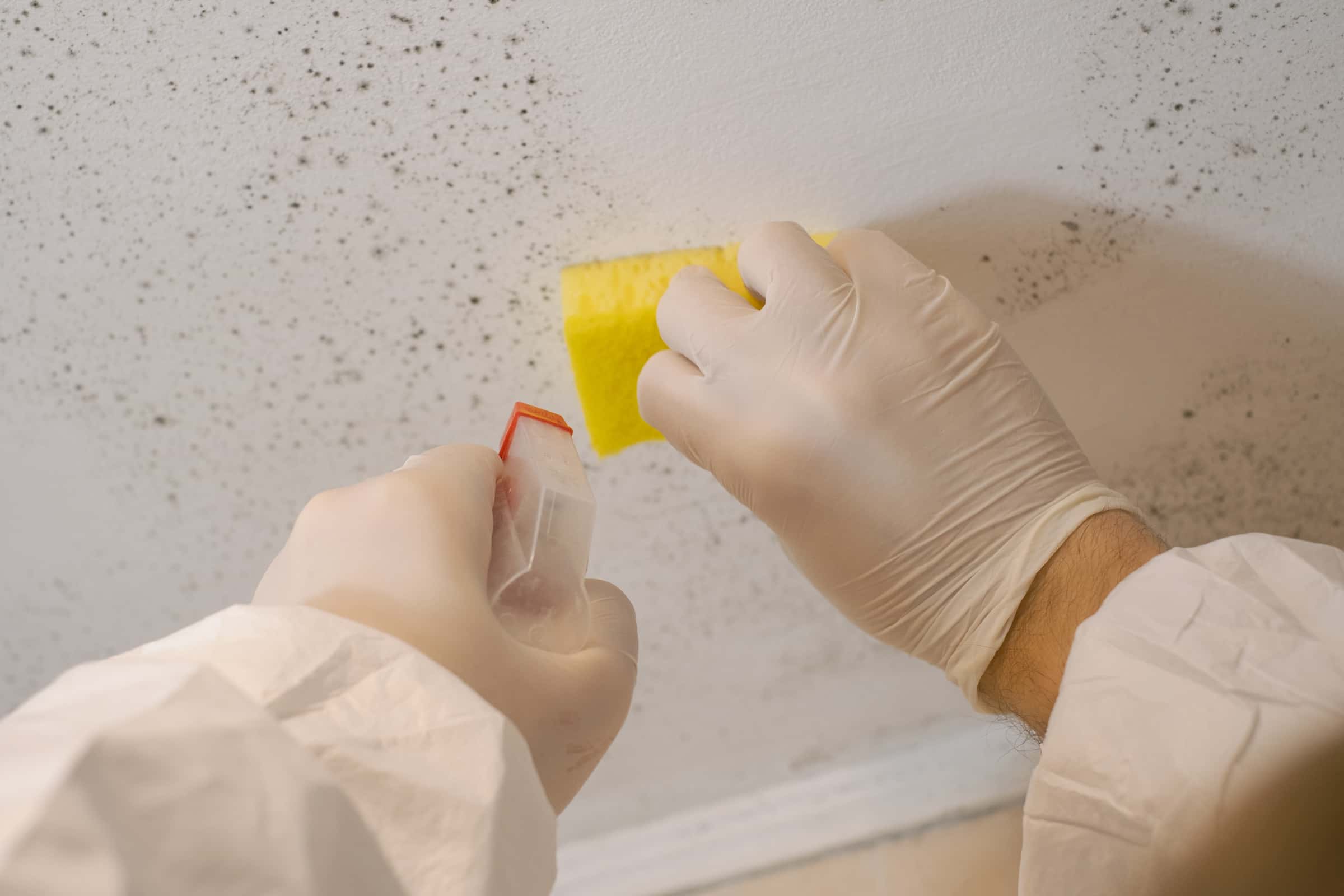
Mold growth in your home can lead to serious health issues and structural damage. Detecting mold early can save you from costly repairs and health problems. Here are the top 5 signs of mold growth in your home:
Musty Odor: One of the most common indicators of mold is a persistent musty smell. This odor often lingers in damp, poorly ventilated areas such as basements, bathrooms, and laundry rooms. Even if you can't see mold, the smell alone should prompt you to investigate further.
Visible Mold: Mold can appear in various colors, including black, green, white, and gray. It often grows in patches on walls, ceilings, floors, and other surfaces. Pay close attention to areas with high humidity or water damage. If you spot any mold, it’s crucial to address it immediately before it spreads.
Water Damage: Water stains, discoloration, and bubbling paint or wallpaper can all be signs of water damage, which often leads to mold growth. Leaks from pipes, roofs, or windows create a perfect environment for mold to thrive. Fixing the source of water damage is essential to prevent mold from taking hold.
Allergic Reactions: Unexplained allergic reactions, such as sneezing, coughing, itchy eyes, and skin rashes, can be caused by mold spores in the air. These symptoms often worsen in damp or moldy environments. If you notice a pattern in your symptoms, it’s worth investigating potential mold sources.
Condensation: Excessive condensation on windows, pipes, and walls indicates high humidity levels, which create an ideal environment for mold growth. Persistent condensation can lead to mold forming on surfaces and within materials like drywall and insulation. Reducing indoor humidity can help mitigate this risk.
If you suspect mold growth in your home, it’s essential to address it promptly. Contact ASAP Restoration at +1 (877) 262-6245 for professional mold inspection and remediation services. Our experts will identify the source of the mold and provide effective solutions to ensure your home remains safe and healthy.